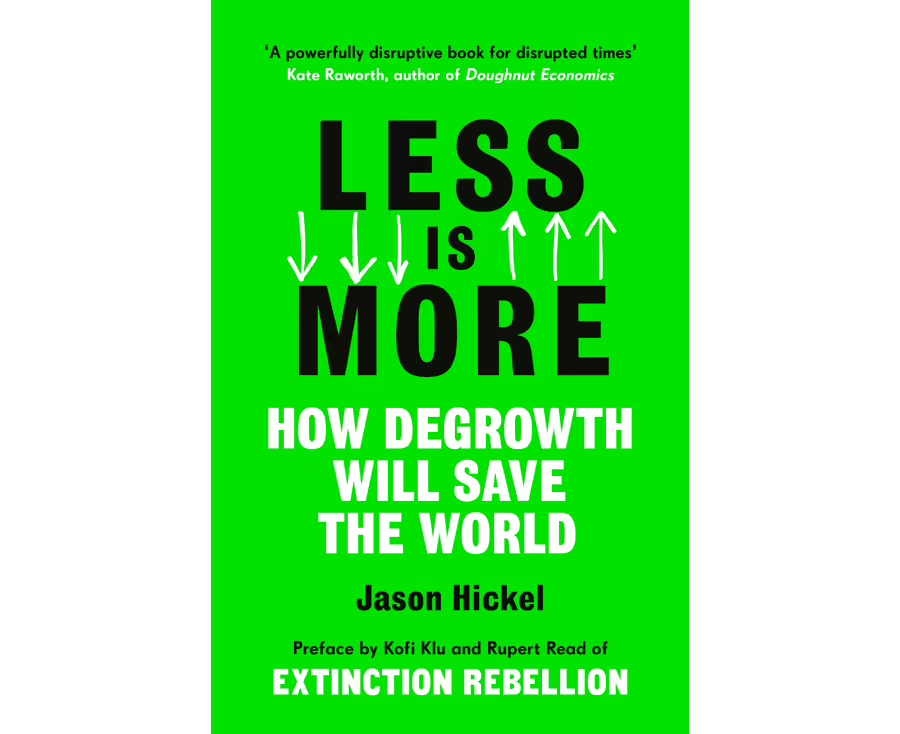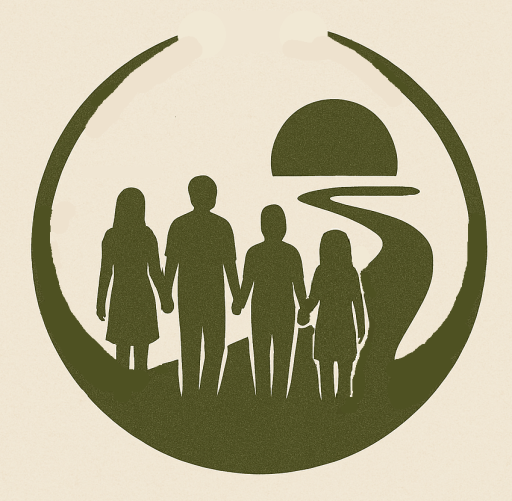Living Better by Doing Less

Imagine a world where neighbourhoods hum with shared tools and laughter instead of traffic. Where food grows in backyards and balconies. Where work ends at midday, and afternoons are for wandering, mending, cooking, or resting. Where we measure progress not in profits, but in how many people feel safe, nourished, and connected.
That’s the world Jason Hickel invites us to consider in Less is More. It’s not utopia. It’s a world grounded in ecology, equity, and joy. A world that starts with one radical idea: we need to stop growing.
Not all growth, of course. Hickel is clear that what must shrink is the overproduction, overconsumption, and waste in the wealthiest economies. The kind of growth that’s wrecking the climate, destroying ecosystems, and leaving millions behind. In its place, he offers a compelling alternative: degrowth. A planned reduction of excess, not a collapse but a transformation.
Why It Resonates
This isn’t just theory. For many of us, these ideas echo choices we’re already making. Working four days instead of five. Repairing what breaks. Eating food that’s local, plant-based, or even salvaged. Choosing second-hand, skipping upgrades, growing what we can, and finding joy in the quiet, the useful, the shared.
Hickel doesn’t romanticise hardship. He grounds his vision in justice. Recognising that while the richest nations must contract, the poorest must still be allowed to grow where needed. It might sound like a contradiction and in a sense it is, but only for a snapshot in time. When you consider how we got here, it seems much more reasonable. In fact, Hickel shows how we can all thrive more equitably if we let go of the endless chase and focus instead on meeting needs within limits.
He writes:
“We can have full employment, high quality public services, shorter working hours, and a thriving economy — without growth — if we organise things the right way.”
A Hopeful Case for Change
What makes Less is More so powerful is its optimism. Hickel isn’t mourning what we might lose, but celebrating what we stand to gain. More time, more community, more meaning. Less stress, less waste, fewer things we don’t really want or need.
And crucially, he draws on real-world examples. From indigenous wisdom to cutting-edge ecological economics. He shows that this isn’t just a dream. It’s already happening, in pieces and places all over the globe.
It’s easy to feel overwhelmed by climate reports, inequality stats, or political inertia. But Hickel hands us a map. Not a shortcut, but a direction. One we can walk, cycle, or share a lift toward, together.
Final Reflection
If you’re tired of being told to change your lightbulbs while corporations torch forests, this book is for you. If you’ve ever wondered why more stuff never seems to bring more joy, this book is for you. And if you’re already trying to live with less, and wondering if it matters, it does. Hickel’s work makes that abundantly clear.
Less is More doesn’t just diagnose the problem. It invites us to live the solution. Not through guilt, but through courage, creativity, and connection.

One thought on “Book Review: Less is More”